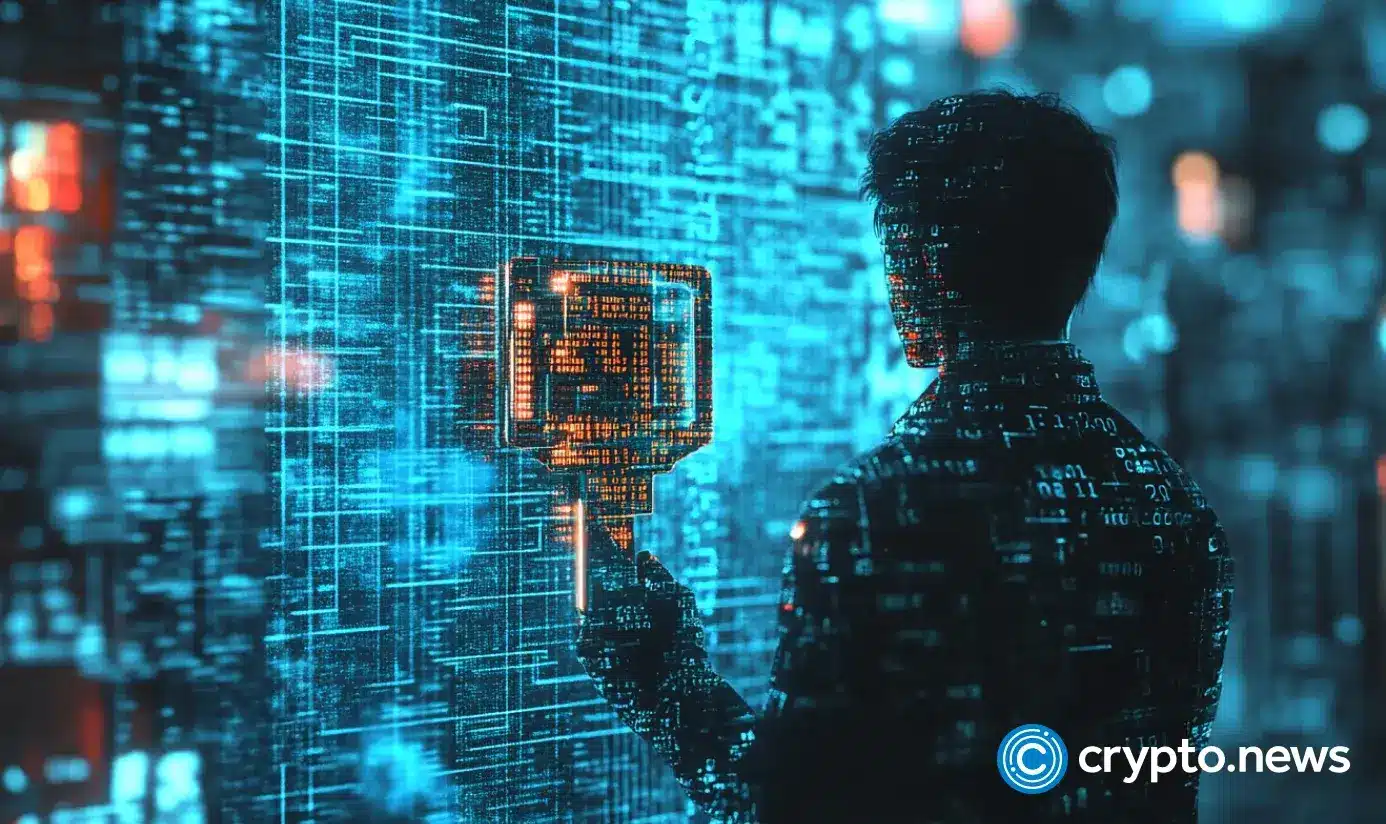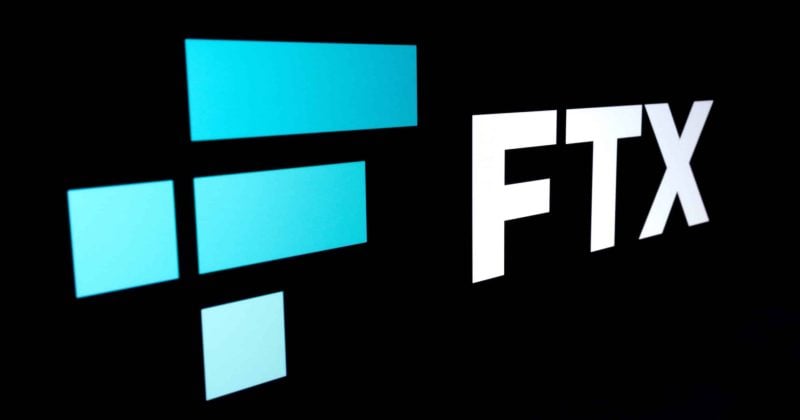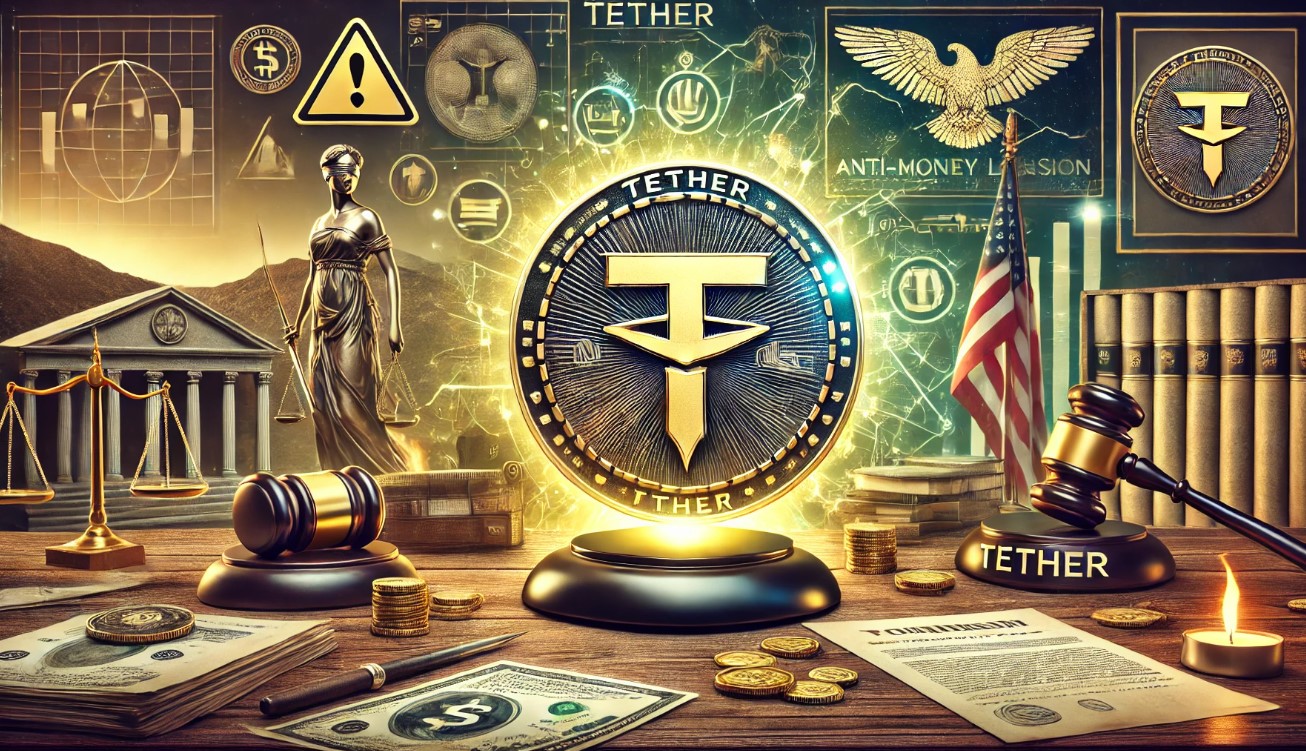The U.S. government is in talks with various political groups to recover millions of dollars in donations that were made in the names of former FTX leaders Sam Bankman-Fried and Nishad Singh. This effort comes as part of a larger move to address funds linked to FTX’s collapse, which shook the crypto world. In this article, we’ll explore why the government is seeking the return of these funds, what it means for political groups, and how this could impact the ongoing investigations around FTX.
U.S. seeks $13 million back in FTX-linked political donations
The U.S. government is actively negotiating the return of up to $13.25 million in political donations linked to former FTX leaders, as detailed in a recent federal court filing. Judge Lewis Kaplan, who is handling the criminal case against ex-FTX CEO Sam Bankman-Fried, approved an extension for the government until January 15 to continue talks with several political action committees (PACs).
According to reports, this extension will allow the government to discuss the possibility of reclaiming funds received from Bankman-Fried and his associates. Among the PACs named in the filing are Senate Majority PAC, Future Forward PAC, Future Forward USA Action, Emily’s List/Women Vote, and GMI PAC—organizations largely aligned with Democratic causes or progressive initiatives.
According to data from OpenSecrets, these groups received about $13.25 million in donations originating from either Bankman-Fried or former FTX engineering lead Nishad Singh.
Singh testified that he made these contributions at Bankman-Fried’s request, sometimes signing blank checks designated for donations. Recently, Singh was sentenced to time served with an additional three years of supervised release after cooperating in the case against Bankman-Fried.
Records indicate that Future Forward PAC received $1 million in Nishad Singh's name and another $5 million attributed to Sam Bankman-Fried. GMI PAC was given $2 million, while Senate Majority PAC—representing Democrats who have controlled the Senate since January 2021—received $2 million from Singh and $1 million from Bankman-Fried.
Women Vote was allocated $2.25 million from Singh. In total, these donations amount to $13.25 million, though the figure could be higher if any contributions were listed under alternate donors.
How FTX-Linked Political Donations Could Reshape Campaign Funding Transparency?
The U.S. government’s pursuit of political donations made by former FTX executives signals an intensified effort to trace and reclaim funds potentially tied to fraudulent activities. The fact that significant sums—up to $13.25 million—were directed to political groups supporting liberal causes adds complexity to the fallout from FTX’s collapse, as these funds are now under scrutiny and potentially subject to forfeiture.
By negotiating for the return of these donations, the government seeks not only to retrieve funds but also to uphold regulatory oversight in cases where potentially ill-gotten gains have been directed to political campaigns.
This development could have substantial implications for the political groups involved, including Future Forward PAC, Senate Majority PAC, and Women Vote. These groups, which received millions in donations from Sam Bankman-Fried and Nishad Singh, may face reputational risks if they are seen as benefiting from tainted funds.
Furthermore, if the PACs comply and return the donations, it could create a ripple effect, with other political groups re-evaluating contributions from high-profile donors to ensure transparency and compliance. In the broader political landscape, this situation may prompt stricter regulations on political donations, especially those from corporate or high-net-worth individuals.
Looking forward, if these funds are successfully reclaimed, they could contribute to ongoing efforts to provide some form of compensation for FTX’s creditors and investors affected by the platform’s collapse.
However, as this case unfolds, it may also reveal the vulnerabilities within political funding mechanisms, leading to increased public scrutiny of large donations. The result could be tighter controls or more rigorous tracking of high-value contributions, especially those linked to companies or individuals under legal investigation.

















 English (US) ·
English (US) ·